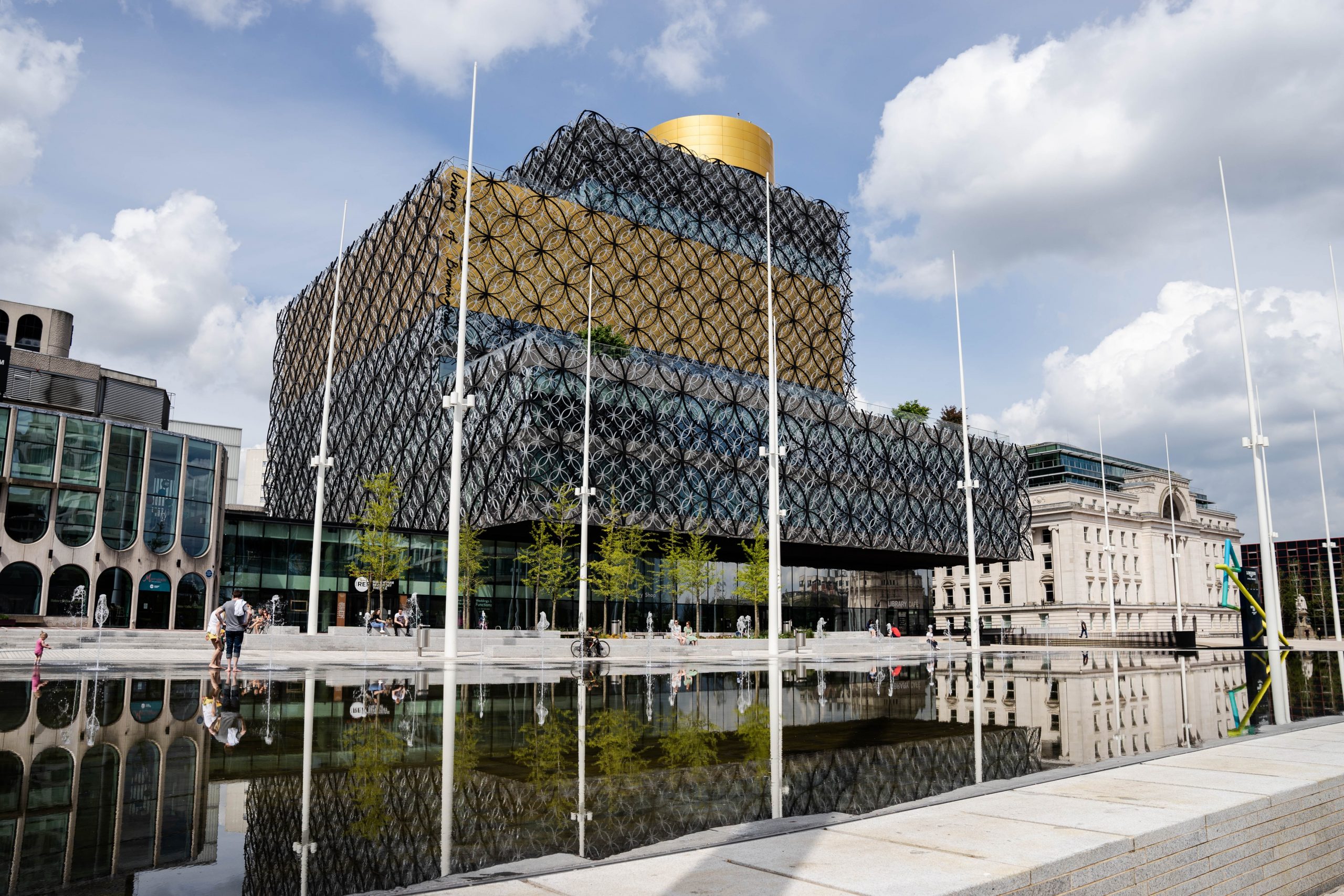
The biggest shifts in the construction and property industry in Birmingham over the last decade
Over the past decade, Birmingham has seen a surge in development and investment, with focus on the regeneration of key city centre sites.
This has seen new residential communities formed in the central area alongside retail, business and cultural destinations.
Last year marked the fifth anniversary of the start of MEPC’s Paradise development which is helping transform the heart of the City Centre with a new a business district alongside retail and leisure space and new Build to Rent homes. Construction of Phase 2 of the development started in 2019 and when complete, will bring 280,000 sq ft of office space to the market. Connectivity has also improved over the period, with new cycling infrastructure and metro tram links and New Street Station.
This multibillion-pound regeneration has driven the Birmingham and West Midlands economy, with the area growing faster than any other city region outside London over the last five years (at least up until the pandemic). This has been helped by foreign direct investment as well as central Government investing significantly into the region, including money for local tram and metro lines. Birmingham’s population has grown by a massive 12% over the past decade, and as part of its second devolution package, the West Midlands Combined Authority entered into a commitment to deliver 215,000 new homes across the region by 2030/31, with the help of £350m of Government funding.
In 2009, the City Council established the Birmingham Municipal Housing Trust, through which the City has become the biggest local authority housing builder in the country. Since the Trust was founded the number of new homes has doubled from just over 200 per year to 400, and has started to diversify its offer to include modular homes.
The drive towards net zero carbon will have a significant influence on how new development is designed and delivered going forward. The West Midlands Combined Authority declared a climate emergency in July 2020 with a goal to achieve net zero carbon emissions by 2041 and deliver zero carbon homes in the region by 2025. A Zero Carbon Homes Charter and Routemap was approved by the Authority’s Housing Land and Delivery Board in March with a resolution to launch both this year. The City Council meanwhile has created a Route to Zero Task Force and published its Route to Zero Action Plan in December last year to reach the target of carbon neutrality by 2030. It recognises that buildings are the largest emitter of carbon emissions in the City making it paramount that adequate consideration is given to tackling the sector.
In January this year, the City Council launched its vision for central Birmingham for the next 20 years for public consultation in the form of ‘Our Future City Plan: Birmingham 2040’. This recognises that for the last 30 years regeneration and growth has been focused within the area defined by the Middle Ring Road and that defining the City Centre as such has often resulted in physical and perceived barriers between areas. Looking forward to the next 20 years, the City Plan will incorporate the entire central Birmingham area, from city core to the inner-suburbs, to promote and link opportunities and investment that meets the growth needs of these additional communities.
With the Commonwealth Games 2022, the arrival of HS2, Birmingham also set to be one of the UK’s first cities to receive a faster 5G mobile network, not to mention Goldman Sachs relocating the city, this all points to the city and region being on the cusp of great things, a ‘golden decade’ for the region even, not only locally but on a national stage.
Here at Woods Hardwick, we are involved in a range of developments both in the City Centre and across the Midlands, working with many of the region’s most active house builders and developers. Here’s to the next 10 years!



